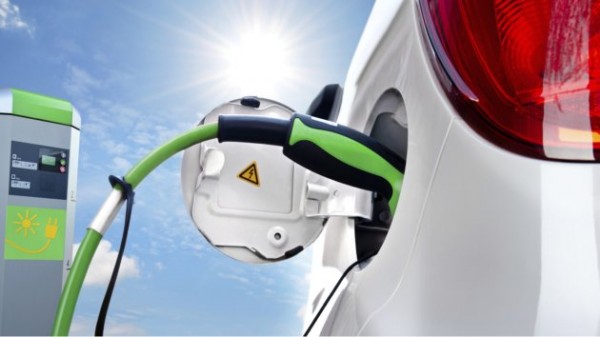Fuel-efficient cars are currently all the rage, but there are a lot of factors to take into account if you are considering buying one. It’s not merely as simple as sitting back and watching yourself save a lot of money. Certain aspects of purchasing a fuel-efficient car do indeed save you large sums of money, but other aspects can be financially crippling. Here are some things to keep in mind when looking at fuel-efficient or hybrid cars.
Gas Money Saved
While the environmental benefits are an added plus, most people who buy fuel-efficient cars do so to save money on gas. There’s no denying the prominence of this: even a difference of 10 miles per gallon (mpg) for the car you’re driving equates to a savings of over $900 per year for the average driver. It goes without saying that a hybrid, which usually gets 50-60mpg, or an electric car, is going to save you even more money in gas. And since gas prices continue to rise, you can presume that the amount you save yearly will exponentially rise.
Initial Car Cost
While you can expect to see your fuel bill decline rapidly, and immediately, buying a fuel-efficient car could cost you more. Fuel-efficient cars are $5,000-$10,000 more than their less fuel-efficient competitors, many even far more than that. It’s pretty simple: fuel-efficient cars are very technologically advanced, and thus cost far more money to produce, meaning they have to sell for much higher prices. So while you may save money in the long run, a fuel-efficient vehicle is often more like an investment than a money tree.
Tax Credit
On the flip side, the government helps negate that cost difference by offering some a large federal income tax credit for purchasing a hybrid. The current tax credit for a non plug-in hybrid, or a diesel vehicle, is up to $3,400, while the tax credit for a plug-in hybrid, or a fully electric vehicle, can be up to $7,500. This can certainly help ease the sting of the extra initial cost of purchasing a fuel-efficient vehicle.
Long Distance Rides
If you choose to go the route of purchasing a fully electric vehicle, you may have to hold on to your old vehicle, too. Most electric vehicles have a fairly limited range, and thus if you want to go on a road trip or a vacation, you’ll have to either plan your trip meticulously, with many stops, or you’ll have to have a more traditional vehicle around for just such occasions. Furthermore, most drivers are a little scared about pushing the limits of their electric vehicle, so they rarely get the full distance out of them, which only further limits how far they can go.
Charging Costs
It is incredible how much cheaper it is to charge an electric vehicle than it is to fill a traditional one with gas, but that doesn’t mean it’s free. The Nissan Leaf, for example, can go approximately 73 miles on one charge, and the charge can cost up to $4 in electric bills. That’s far cheaper than the gas money in a comparable non fuel-efficient car, but still a cost to be aware of.
Ultimately, saving money with a fuel-efficient car is a lot harder than it seems. If you drive far more than the average American, it obviously pays for itself sooner. But for the most part, unless you’re buying a fuel-efficient car for environmental purposes, or for social status, it’s not worth the money. Chances are, by the time you move on to the next vehicle, you will have actually lost money by purchasing a fuel-efficient car.
This article was provided by Taylor Morford, happily retired accountant and muscle car enthusiast. Taylor writers on behalf of moneyjobs.com. Whether you are interested in Taylors former career choice, or just finance in general, Taylor suggests looking at banking jobs with moneyjobs.com.









